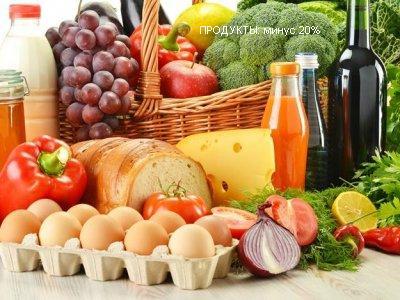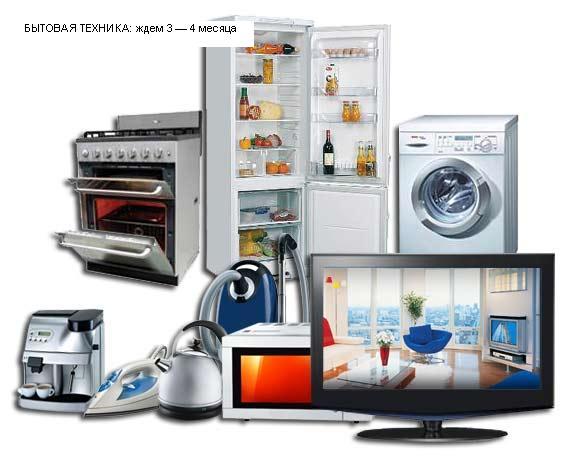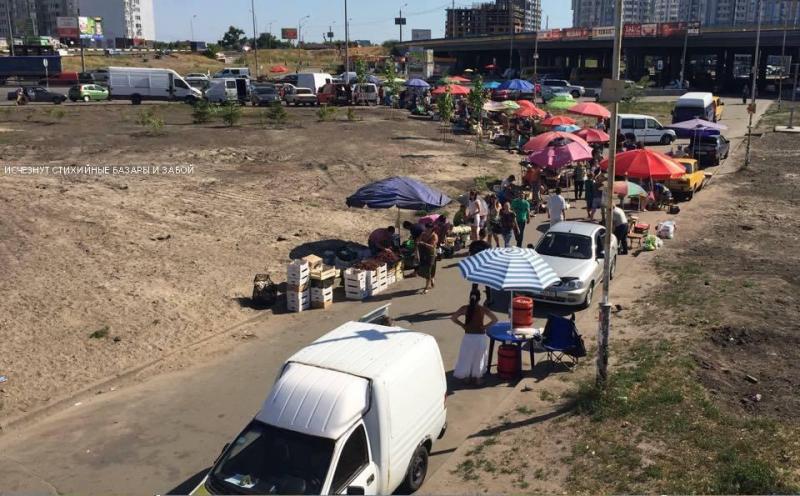Shopping in Ukraine is that the Ukrainians will bring free trade with the EU
The fifth day of Ukraine in the free trade zone with the EU has not made significant changes in our daily lives, but, according to experts, still to come: the first changes will be noticeable after a couple of months, and the final — by the end of the transition period in 7-10 years. What can be learned Today.
We will remind: earlier economists promised that the abolition from 1 January 2016 import duties for about 70% of European goods and a gradual reduction of duties on the remaining 30% should lead to their reduction in price on the market. No duties on most products made in EC, household appliances, spare parts and components that are not produced in Ukraine. While duties remain at what we are releasing. This, for example, cars, trucks, electrical, minor construction and agricultural equipment (wheelbarrows, chainsaws, etc.).
But, according to the Director General of VAAID Oleg Nazarenko, for cars provided by the reduction of import "myta" 1% per year for 10 years, from the current 10%, provided, however, that will import 45 thousand per year (in the last two years were imported to 40 thousand new and used cars). "Since 45 001 th car again is zagadochniy 10%," — said Nazarenko. But the head of the Secretariat of the Council of entrepreneurs under the Cabinet of Ministers Andriy Sablowski doubts in automatic rapid price decline exactly by the amount of fees cancelled: "Trade will seek to delay the process on tradable goods, for example, new models of smartphones, so that the desired control by the AMCU, as well as memoranda between the government and, for example, Ukrainian trade Association that they will sell cheaper goods, to which we should pay a fee," said us Sablowski.

According to the President of Ukrzaliznitsa Alexander Okhrimenko, the abolition of import duties on goods from the EU will most quickly appear on the grocery market. First of all it concerns perishable products, which we have not grown or cultivated seasonally — citrus, tomatoes, peppers. "The arithmetic is simple: minus 10% import duty and minus 10% customs duty, total per each Euro wholesalers now save about 20 cents — calculated Okhrimenko. In the wholesale kilogram, for example, Spanish oranges price of 1 Euro will fall in price in UAH at UAH 5-6 from 28 to 22-23 UAH, and retail — 6-7 UAH".
Even more, he said, will fall delicacies from Europe: hard cheeses, sausages, smoked fish, red fish, which should boost their sale. But bananas will drop less — they are imported from South America, so they will remain tax (8%), will not only import duty (10%). That is, a kilo of bananas will become cheaper by about 2 USD. Trade also promises to reduce prices after the abolition of fees. "If the product is cheaper — it's faster sold, so we can buy a larger batch at lower wholesale prices," explained a top Manager of a large trading network Vladimir Molchanov.
Less visible to the consumer will be changes in the assortment and the prices of imported clothes and shoes, I'm sure the ex-Deputy Director of Department of regulatory policy Ministry of economic development and now President of the League "Ukrkozhobuvprom" Alexander Borodynya. "In Association with the EU are two important points: first Europe opens its market, the second — cheaper imported equipment, raw materials and semi-finished products (leather, fabric, glue, accessories) for light industry, — have explained to us Borodynya. — This will allow our producers to reduce prices for its products and to increase supply both abroad and on the domestic market. For example, we have produced more than 35 million pairs of shoes per year, in the EU we sell 6 million pairs in volume of the market of 2.5 billion pairs". For most Ukrainians, which are due to the cheapness of Chinese and other Asian goods, little will change, because they will still be subject to duties, said the expert. Prices will drop 10-15% on clothing and footwear of the middle and upper price segment. In particular, can cheaper coats from Greece, exclusive Italian boots and shoes. Decline in price and things from second-hand – they also canceled the fee (was almost 1 Euro per kg).

This market change will start after about 3-4 months, not before, said Andrey Sablowski, because Ukraine has enough reserves of any appliances, from large (refrigerators, washing machines, stoves, etc.) to small (harvesters, toasters, electric kettles). "Because of the cancellation fees will drop only brought in this year, the products that are produced in Europe, and there are not more than half the market. And it is refrigerators, washing machines and so forth relating to secondary and higher price categories, says Szablowski. — But on Asian products, the price can fall only in the case of sales". The expert notes that the abolition of duties practically will not affect the electronics market (TVs, tablets, smartphones), because all these products are produced in China and Southeast Asia. Cheaper phones are the only phones manufactured in Finland and Sweden, as well as Polish and Dutch TV". Merchandiser large store selling major appliances Bochaton Sergey said that now they go to sell: "outdated and unpopular models have reduced the prices almost to purchase. Going to buy more products from Poland, because after the abolition of fees they compete with the Chinese, based on the ratio price-quality".
Gradual but significant changes do you expect in the market of agricultural products, experts say. In this we are given the 7-year transition period, i.e. until 2023. First of all, this so-called spontaneous markets — in the EU they can not be in principle (farmers trade fair and official markets) and, according to Zablovskyi, the commissioners will be more and more insistently to demand from the Ukrainian authorities to remove them. "I agree that to control the exile of our "grandmothers with a carrot" Europeans will find it difficult, but I can see the output is not in combat, and in open places in the civilized markets for a nominal fee, less than the bribe for the "roof".
Okhrimenko recalled that in 2017, ending a delay of the ban on household slaughtering cattle, pigs, rabbits and poultry (in the EU experts killed in the slaughterhouse), and extend this legislation is unlikely. "The local authorities have a difficult task — to ensure the creation of at least a dozen slaughterhouses in the area, in order to meet this requirement. As for a complete ban by 2023 to sell untested milk, sour cream, eggs and other products with peasant courtyard, it is difficult to say, how to handle that. Perhaps farmers chipped in open lab withexpertise," says Okhrimenko.
According to Okhrimenko, in 2-3 years to come important changes in the education market: our training system will be unified with the European, our certificates and diplomas will be there to recognize along with issued in the EU (now need to translate the text of the diploma to one of Euroasia, notarize, if necessary, to pass akademiniu), and the requirements for our graduates and students are the same as for students in the EU.
As an expert in the field of copyright Constantine Kinburn drew attention to the fact that in Europe seriously monitor their observance and punishing violators (in Germany, if caught for the first time downloading something from a pirate site — 155 Euro fine, the maximum fine is 1000 Euro. For those who such sites — prison up to 15 years!). "Now we are fined for their work on unlicensed software only company, and in the EU — and private persons, where on the PC it is piracy. It can be detected through automatic updates setting. This is a very serious problem, but Ukraine has 7 years on its solution (the transition period)," explained the expert. According to him, we have banned file sharing and free which now you can download movies, books, etc.









Add new comment